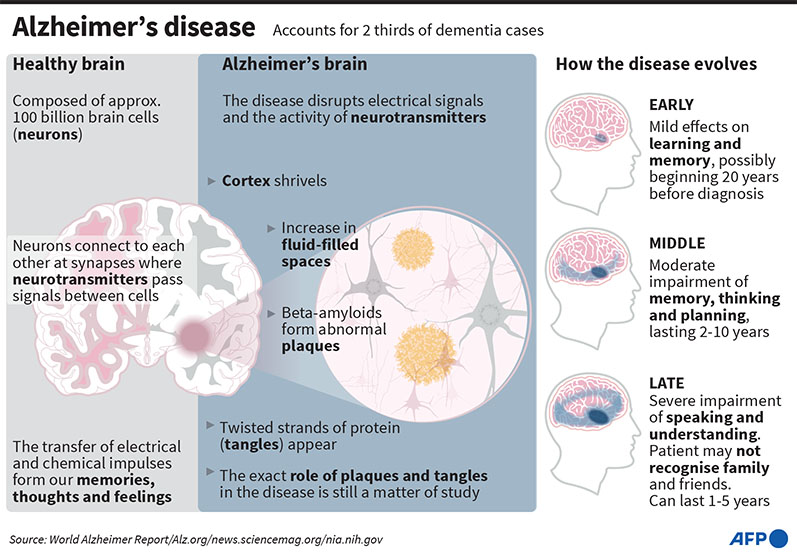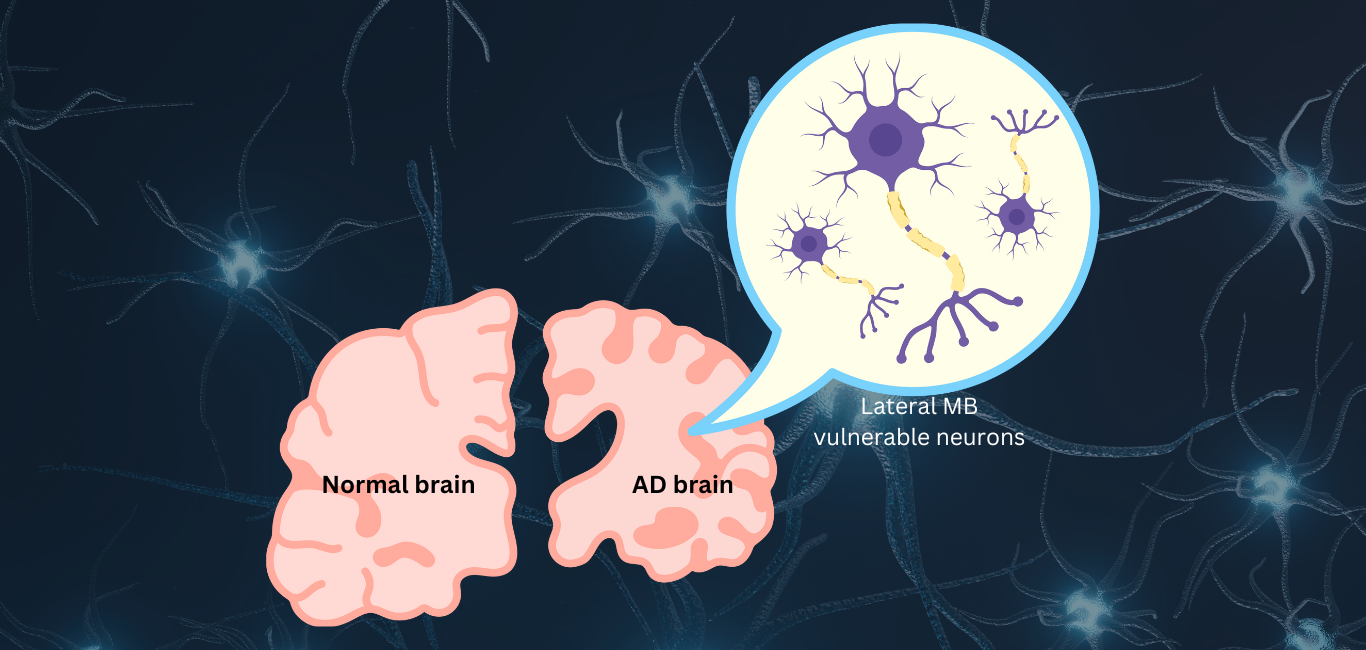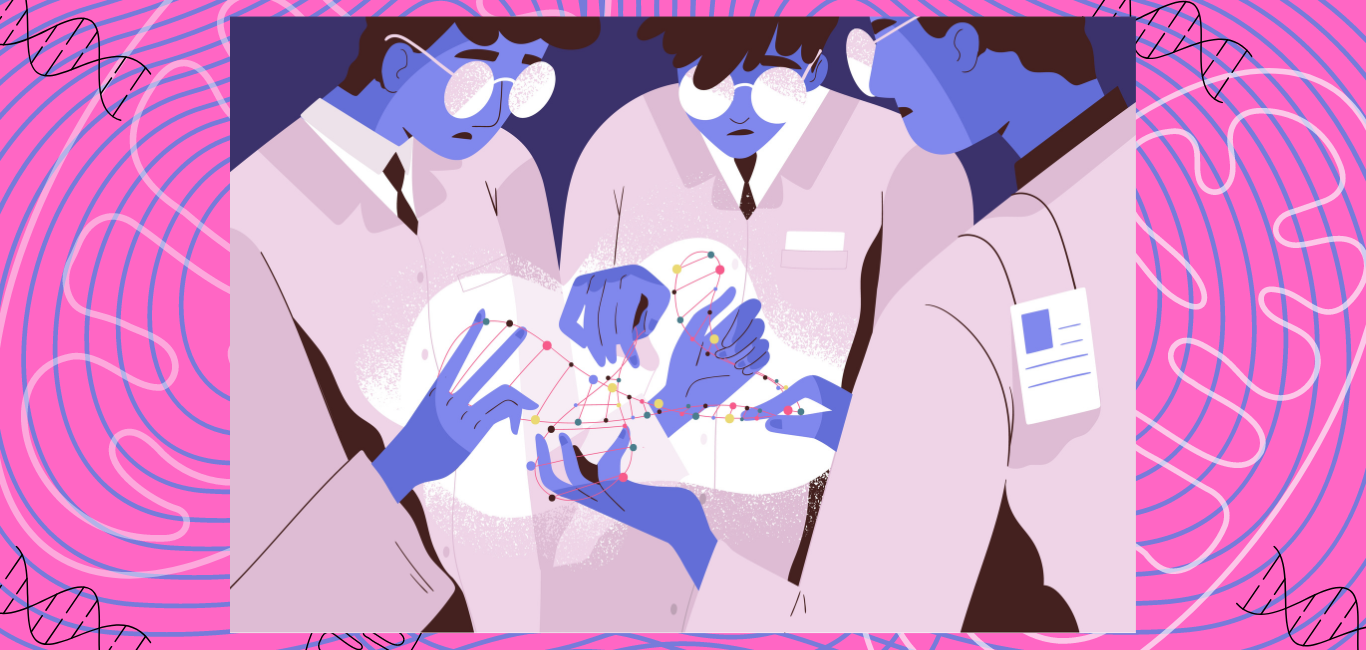
US pharmaceutical giant Eli Lilly on Wednesday announced its experimental Alzheimer’s drug significantly slowed cognitive and functional decline, results hailed as “remarkable” by experts despite some patients experiencing serious side-effects.
In an analysis of nearly 1,200 people in the early stages of the disease, donanemab slowed the progression of symptoms by 35% over a period of 18 months compared to placebo.
This was measured by cognition and their ability to carry out daily tasks like managing finances, driving, engaging in hobbies and conversing about current events in a standardised index called the Integrated Alzheimer’s Disease Rating Scale (iADRS).
READ MORE
Study locates neurons that kickstart Alzheimer’s
Alzheimer’s study says obesity can weigh heavily on brain functions
Alzheimer’s study says obesity can weigh heavily on brain functions
A probiotic memory boost: research shows promise as Alzheimer’s treatment
Side-effects included temporary swelling in parts of the brain, which occurred in almost a quarter of the treated patients, as well as microhemorrhages that occurred in 31% of patients on the treatment arm and 14% of patients in the placebo group.
Two participants’ deaths were attributed to the side-effects, while a third might have also died from the treatment.
Nonetheless, the data was widely praised by independent experts, who said donanemab had the potential, if approved, to significantly improve the lives of people suffering from the most common form of dementia.
The news comes after the US approved another Alzheimer’s drug in January, Biogen and Eisai’s lecanemab, which slowed the rate of cognitive decline by 27% and was also declared a blockbuster by experts.
Biogen and Eisai had also developed aducanumab, known by the trade Aduhelm, which was given US approval in 2021, though that decision was mired in controversy and led to a damning report by Congress.
In addition to severe side-effects, Aduhlem’s clinical effectiveness was ambiguous, which is so far not the case for the two subsequent drugs.
Lilly said it would rapidly submit its results to the US Food and Drug Administration (FDA) as well as other global regulators.
“We are extremely pleased that donanemab yielded positive clinical results with compelling statistical significance for people with Alzheimer’s disease in this trial,” said Daniel Skovronsky, Lilly’s chief scientific and medical officer, in a statement.
Mark Mintun, a top Lilly executive in neuroscience R&D, however, added that “like many effective treatments for debilitating and fatal diseases, there are associated risks that may be serious and life-threatening.”
Alzheimer’s and brain cells
In Alzheimer’s disease, two key proteins, tau and amyloid beta, build up into tangles and plaques, known together as aggregates, which cause brain cells to die and lead to brain shrinkage.
Like lecanemab, donanemab is an antibody therapy that targets amyloid beta.
Experts said that the results for both drugs validated the theory that removing amyloid beta does improve the course of the disease, and that future therapies targeting both proteins might have even better outcomes.
Nick Fox, of the UK Dementia Research Institute, said that although the full dataset was not yet available, the results announced by press release “confirms that we are in a new era of disease modification for Alzheimer’s disease”.
“This clinical trial is a real breakthrough, demonstrating a remarkable 35% slowing of cognitive decline in Alzheimer’s patients with high amyloid beta but low tau burden,” added Marc Busche, UK Dementia Research Institute group leader at University College London.
“These are the strongest phase 3 data for an Alzheimer’s treatment to date,” said Maria Carrillo, chief science officer at the US Alzheimer’s Association. “This further underscores the inflection point we are at for the Alzheimer’s field.”
Alzheimer’s disease accounts for 60-80% of dementia, according to the Alzheimer’s Association. It progressively destroys thinking and memory, eventually robbing people of the ability to carry out the simplest of tasks.

















